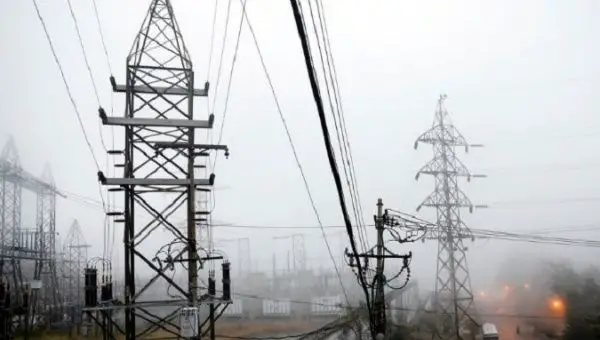The Minister of Mines and Energy for Brazil, Alexandre Silveira, has announced that Brazil is resuming its efforts to establish a connection to Venezuela’s electrical grid. The goal is to import electricity from the Caribbean country and improve energy security in northern Brazil.
In 2019, the reconnection with Venezuela was cut off by then President Jair Bolsonaro. However, the current government sees this as a crucial project for ensuring a stable and reliable energy supply. Minister Silveira recently unveiled an energy transformation project during his visit to New York.
A directive has been issued to re-import clean and renewable electrical energy, particularly hydraulic energy from Venezuela’s Guri plant. The integration process with Venezuela has already begun.
The interruption of energy imports from Venezuela had a significant impact on the energy supply to the state of Roraima, which is the only part of Brazil that is still not connected to the national electrical grid.
Agreement to Reconnect Electrical Grid
Agreement has been reached between Venezuelan President Nicolas Maduro and Brazilian President Lula da Silva to reconnect the electrical grid between the two countries. This agreement acknowledges the importance of this project and is a step towards resolving the energy supply issue.
Recovering the transmission lines will require investments of at least $4 million USD. These lines have deteriorated due to inactivity and need to be restored to ensure a reliable flow of electricity.
In addition to reconnecting with Venezuela, Brazil is also working on constructing a transmission line that will link Roraima and Manaus. The inauguration of the first two towers of this transmission line will take place in October, marking an important milestone in improving energy infrastructure.
To sum up, Brazil’s efforts to restore its energy link with Venezuela are crucial for reducing dependence on energy imports and achieving greater energy security. This project will have significant impacts on the region, ensuring a consistent electricity supply for the northernmost part of the country and promoting self-sufficiency.
FAQ: Brazil’s Reentry into Venezuela’s Electrical Grid
1. Why is Brazil reconnecting with Venezuela’s electrical grid?
Brazil aims to import electricity from Venezuela to improve energy security in the northern part of the country. The interruption of energy imports from Venezuela had a significant impact on the state of Roraima, which is still not connected to Brazil’s national electrical grid.
2. What is the agreement between Brazil and Venezuela?
The presidents of Brazil and Venezuela, Lula da Silva and Nicolas Maduro, have agreed to reconnect the electrical grid between the two countries. This agreement acknowledges the importance of the project and aims to resolve the energy supply issue.
3. What is the status of the transmission line construction between Roraima and Manaus?
Brazil is currently constructing a transmission line to connect Roraima and Manaus. The first two towers of this transmission line are set to be inaugurated in October. This infrastructure development will mark an important milestone in improving the energy infrastructure of the region.
4. How will this project benefit Brazil?
By reestablishing the energy link with Venezuela, Brazil aims to reduce its dependence on energy imports and improve energy security. This will ensure a consistent electricity supply for the northernmost part of the country and promote self-sufficiency.
5. What is the timeline for the reconnection of the electrical grid?
The timeline for the reconnection of the electrical grid between Brazil and Venezuela is currently being determined. However, the process has already begun with the integration process between the two countries.
Closing Statements: The reconnection of Brazil with Venezuela’s electrical grid is a significant step towards improving energy security and self-sufficiency. This project will reduce dependence on energy imports and ensure a consistent electricity supply for the northernmost part of Brazil. The construction of a transmission line between Roraima and Manaus further strengthens the energy infrastructure of the region.



